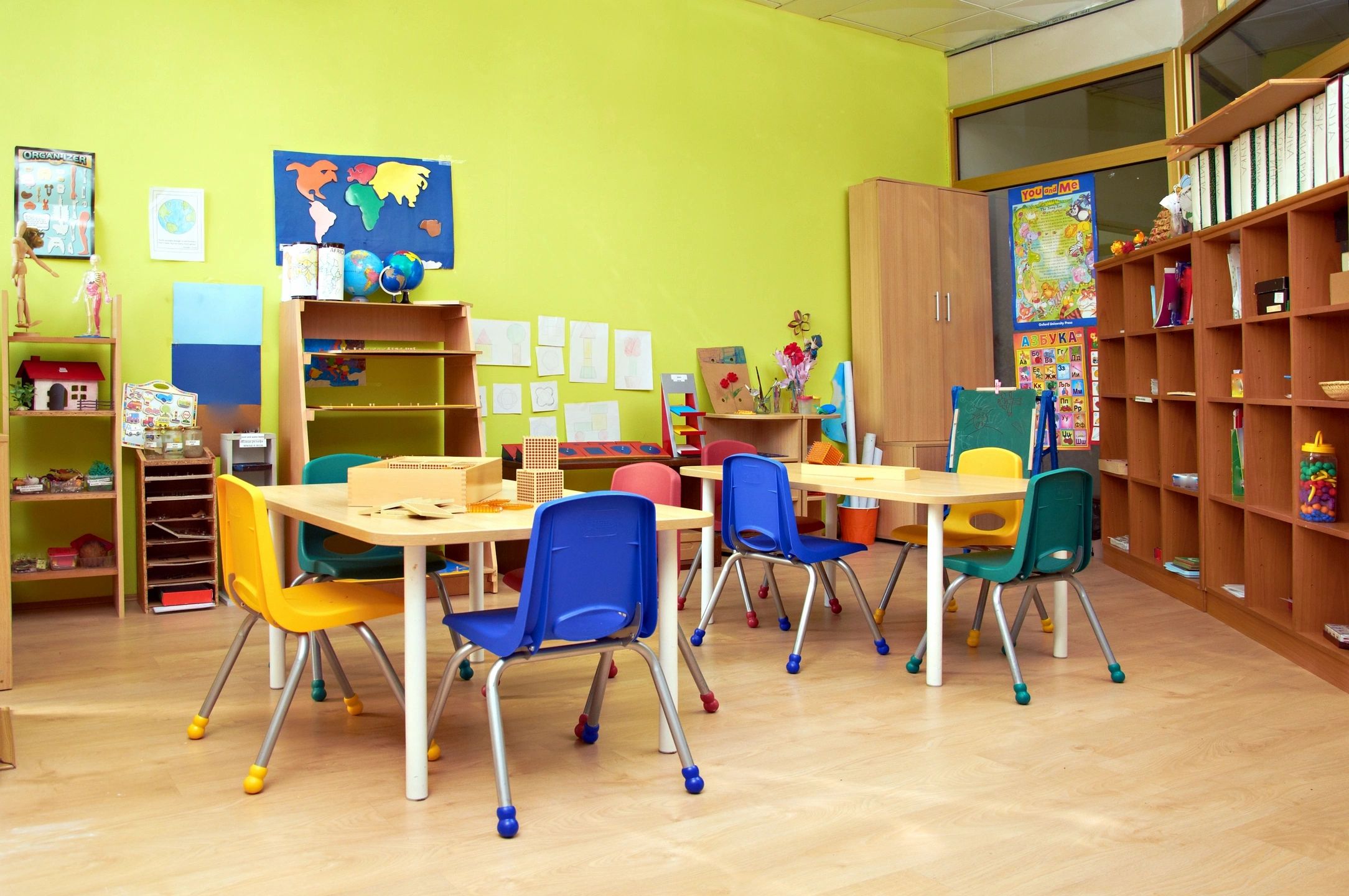
Giving our young ones the support they need for a successful school career is important to every parent. VPK programs in Orlando are often credited with boosting skills and early learning abilities that help kids conquer the challenges of Kindergarten. Are they worth it for your child? You may learn the answer by listening to other area parents and hearing about their experiences.
Private VPK centers often deliver measurable kindergarten readiness, and parent reviews of VPK centers reveal why many families choose private options. In this article, readers will discover the core advantages of private VPK programs, real parent testimonials on academic and social gains, a side-by-side comparison with public VPK, cost-versus-value insights, actionable selection criteria, and how The Jupiter School’s Orlando-based VPK program exemplifies excellence.
Private Voluntary Prekindergarten (VPK) programs provide individualized learning through smaller class sizes, specialized curricula, qualified teachers, and nurturing environments that directly enhance academic and social-emotional outcomes.
By offering targeted instruction in early literacy, numeracy, and social skills, private centers build confidence and readiness for kindergarten.
Smaller class sizes boost individualized attention by allowing teachers to tailor lessons and monitor each child’s progress.
Children in classes of fewer than 12 peers often enter kindergarten with advanced phonemic awareness and social competence, setting the stage for smoother school transitions.
Private VPK centers design curricula around enrichment themes, such as literacy, STEM exploration, and the arts, to deepen early learning.
These focused programs encourage curiosity and critical thinking, preparing children to meet or exceed kindergarten benchmarks.
Highly credentialed instructors bring curriculum expertise and developmental insight that enhance classroom quality.
Qualified teachers deliver richer learning experiences, reinforcing skills that parents and experts identify as critical for early success.
A caring atmosphere encourages social-emotional growth by promoting safe exploration and positive peer interactions.
This supportive climate underpins academic gains by building resilience and self-regulation that carry into kindergarten and beyond.
Parents weighing the decision between private and public VPK focus on cost, curriculum, class size, and facility quality to make informed decisions about early education.
Private VPK tuition reflects enhanced services, whereas public VPK is state-funded but may offer limited hours or curriculum options.
Parents recognize that private tuition invests in extended-day care, specialized enrichment, and lower student-to-teacher ratios that public programs often cannot match.
Private centers integrate enrichment modules beyond state standards, while public VPK adheres strictly to base guidelines.
This broader scope in private VPK nurtures curiosity and deeper skill development that exceeds minimum readiness benchmarks.
Lower ratios in private settings yield more targeted support compared to larger public classes.
Fewer students per class enable quicker intervention and stronger relationships, accelerating individual progress.
Families prioritize secure entry, childproofed classrooms, and daily health protocols. Parents of private VPK centers often note:
These measures contribute to peace of mind and affirm private centers’ commitment to child welfare.
Parents assess the value of private VPK programs by weighing factors such as program quality, outcomes, and long-term benefits against tuition investments.
Key decision drivers include:
Families anticipate:
These outcomes shape expectations for academic success and positive school experiences.
Selecting the right private VPK involves targeted questions and quality assurances that guarantee a strong foundation.
Before enrollment, parents should inquire:
These queries reveal the program’s rigor, transparency, and staff expertise, which are critical to informed choices.
Accreditation by recognized bodies (NAEYC, state licensing) signifies adherence to high-quality benchmarks. Accredited centers undergo regular reviews of curriculum, safety, staffing, and facilities, providing consistent excellence rather than ad-hoc practices.
Well-qualified teachers bring research-based methods and behavioral expertise. Parents should verify:
These attributes correlate with stronger learning outcomes and emotional support.
Parents can evaluate:
Open communication and robust safety systems build trust and keep families engaged.
The Jupiter School’s VPK Orlando program combines targeted instruction, expert faculty, and nurturing care to support every child’s readiness and confidence. Explore the full program details on our VPK Orlando – The Jupiter School page to learn how our offerings align with the benefits outlined above.
These specialized elements encourage holistic development and sustained curiosity.
By combining targeted instruction with practice opportunities, students enter kindergarten poised to excel.
Parents often seek clarity on whether private VPK is a worthwhile investment, how it differs from public options, and which quality indicators are most important when selecting a program.
Yes, private VPK often delivers enhanced individual attention, enriched curricula, and extended care options that public programs may not offer due to higher student-teacher ratios and limited enrichment hours.
Private VPK programs typically offer smaller class sizes, specialized learning modules, qualified teachers, nurturing environments, and stronger family-school partnerships that accelerate academic and social growth.
Private VPK tuition in Florida ranges from $3,500 to $7,500 annually, reflecting extended hours, enrichment activities, and lower teacher-student ratios not covered by state-funded public programs.
Families should prioritize accreditation status, teacher credentials, student-teacher ratios, safety protocols, curriculum scope, and transparent progress reporting for comprehensive early learning support.
Yes, VPK programs develop essential skills, including letter-sound fluency, number sense, social-emotional regulation, and classroom routines, that collectively build a strong foundation for successful kindergarten entry.
Children who participate in private VPK benefit from individualized focus, enriched experiences, and nurturing support that build confidence and accelerate learning. Parents’ testimonials and comparative insights confirm that private centers like The Jupiter School deliver outcomes well aligned with long-term academic and social success.
To see how this program could benefit your child, explore our detailed VPK Orlando page and schedule a tour today.
Have Your Child Experience The Joy Of Learning!